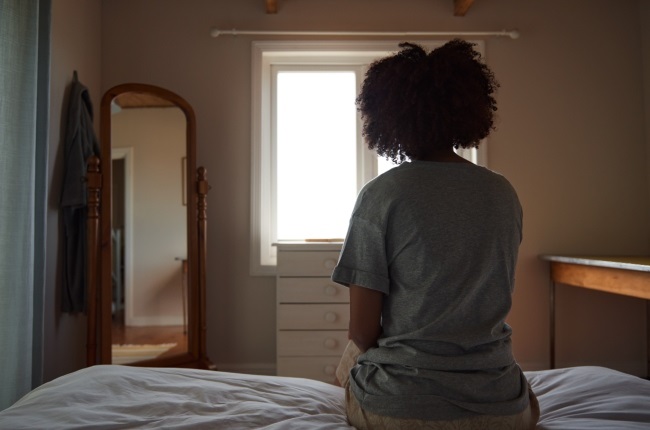
South Africans have been ranked as having the worst mental state in the world following the United Kingdom and Uzbekistan.
This is according to Sapien Labs' recent 4th Annual Mental State of the World Report which presents a sobering picture, revealing a persistent decline in mental health across 71 countries.
This eye-opening study, drawing from the experiences of over 400,000 participants, sheds light on the intricate interplay of factors shaping our collective mental wellness.
Individuals from over 70 countries were invited to fill out an online questionnaire called the Mental Health Quotient (MHQ), designed to evaluate their overall happiness and resilience across six key areas. Based on their responses, participants were then assigned a score ranging from 100 to 200, with higher scores indicating greater satisfaction.
South Africa scored a measly average of 50. And we weren’t far off last place, scoring one and two points more from the other two bottom countries.
We also scored dismally on the ‘percentage of people who struggle mentally’ category, with 35% of South Africans describing themselves as ‘distressed’.
Read more | Tips for taking care of your mental health so you can keep your resolutions
Perhaps our declining economy, not knowing who to vote for in the upcoming elections, and living in darkness (quite literally too) might have something to do with it.
DRUM spoke to registered counsellor Kaela Sussman to find out what could possibly be keeping Mzansi’s people spirits down and what interventions need to be made to improve their mental wellbeing.
Even though Covid days are a thing of the past – with the first case in SA being reported on this month, four years ago – people are still battling with the rippling effects of the pandemic, and it has taken a devasting toll on their mental health.
Addressing the persistent decline in global mental wellbeing demands a comprehensive and collaborative approach. Kaela emphasised, "we must prioritise a nuanced understanding of the profound impact of adverse childhood experiences".
By focusing on comprehensive reforms that tackle issues such as sexual and physical abuse, poverty, and systemic inequalities, stakeholders can create a more supportive and trauma-informed environment, fostering resilience and preventing long-term negative consequences on mental health.
“Investing in and making mental health care services more accessible is paramount.”
Read More | Calls for more registered counsellors to ease the pressure on mental healthcare system
The psychologist stressed the importance of significant investments in training programs for mental health professionals, the development of community-based services, and the establishment of crisis helplines.
Promoting the integration of mental health services into primary care settings is crucial for reducing stigma and enhancing accessibility during routine healthcare visits, she said, highlighting the need to strengthen community mental health centers to offer a variety of services, including counselling and support groups tailored to South Africans’ needs.
It's worth noting that the report consistently reveals a trend: the wealthier the country, the lower its happiness score tends to be.
Surprisingly, some of the happiest nations on the planet, such as the Dominican Republic, Sri Lanka, and Tanzania, are all developing countries.



















